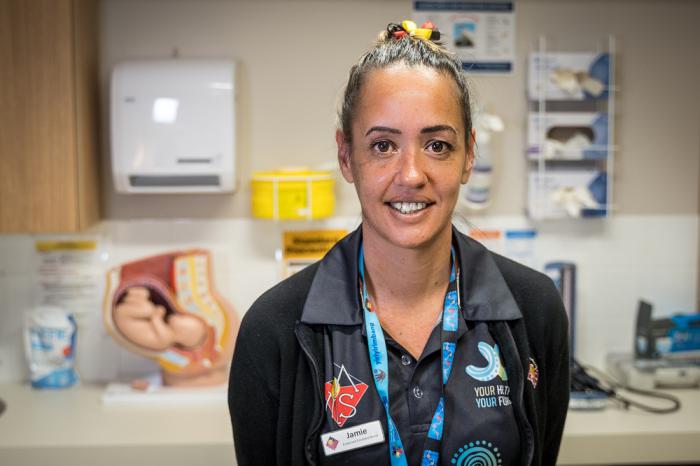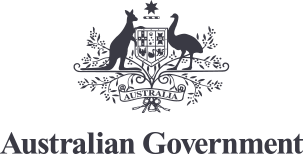Keeping community strong on Wiradjuri Country with 715 health checks
OAMS nurse, Jamie Maney.jpg

On Wiradjuri country in regional New South Wales, the community controlled Orange Aboriginal Medical Service (OAMS) has been providing medical and primary health care services to the local Orange community since 2005, and outreach dental services to Bathurst, Cowra, Parkes and Forbes since 2010.
One of many important services the OAMS provides is the opportunity for Indigenous people from the region to access their free annual 715 Health Check. The 715 Health Check is offered to and designed specifically for Aboriginal and Torres Strait Islander people, covering mental, physical, social and spiritual health.
‘A 715 Health Check is significant not only for identifying issues of illness and disease in communities, but it's a tool to connect with our people,’ said OAMS CEO, Jamie Newman.
‘We use the 715 Health Check as an engagement tool to assist our people in identifying their health care needs and helping them manage their health care into the future.’
Mr Newman said it’s important for community to understand the 715 Health Check isn’t about collecting data, but is focused on identifying illness and disease and its prevalence amongst First Nations people at a local level.
‘We want to keep our people well,’ he said.
‘The 715 Health Check is a tool that can facilitate that.’
OAMS nurse, Jamie Maney, emphasises the importance of keeping up with regular health check-ups, even though many people may be feeling scared or nervous about visiting medical services at the moment due to the COVID-19 pandemic.
'I would say to people who are fearful to come to the medical service. We have implemented door screening before they come in to have the health check. This requires temperature checks and wearing a mask before they come in,’ Ms Maney said.
Ms Maney also points out that it’s important to keep up with health checks so that people can access other services and that regular health checks are important for all people, not just our Elders.
'Health checks can be done from birth right through adulthood, so don't forget to have your 715 Health Check, even though you may be healthy,’ Ms Maney said.
Ms Maney believes OAMS has been successful in creating a culturally safe space for local peoples who also benefit from having such a wide range of health services available to them all under the one roof. This means when a health issue is identified during a health check-up, patients can be referred to a specialist working in the same centre.
Belinda Craig is a midwife and works with local women to make sure they stay as healthy as possible during their pregnancies. She said while transport may be an issue for some people in the region, the OAMS has services available to make sure everyone can get their health checked regularly.
'We (OAMS) provide transport, and we provide a lot of flexibility in our appointments. We provide Telehealth, and we do spend some time phoning women and contacting women and just supporting them between appointments, making sure they can get to their appointments,’ Ms Craig said.
Ms Craig also stresses the importance for women to get regular check-ups during the course of their pregnancies.
'Pregnancy is generally a normal part of life for most women, but it's also an important time to stay on top of your health.’
'Your 715 Health Check is a really good way to do that. We also want to monitor women's physical, emotional, and mental health, as well as their general wellbeing, especially while they're pregnant so we can have the best outcomes for mums and babies.’
When it comes to the OAMS, Ms Craig believes it’s the organisation’s holistic approach to health, which makes it such a successful and important service for Indigenous people in the region.
'We've got GPs, nurses, midwives, and a social emotional wellbeing team,’ she said.
'We can refer people on to other support services as we need to — we look after the mum really holistically.’
For the organisation’s CEO, Jamie Newman, the key to success comes down to an ability to connect.
‘An increasing proportion of our staff are local Aboriginal people, and their connection and understanding of our community is critical,’ Mr Newman said.
‘If we're meeting the needs of our people, then we're going to be sustainable into the future.’
